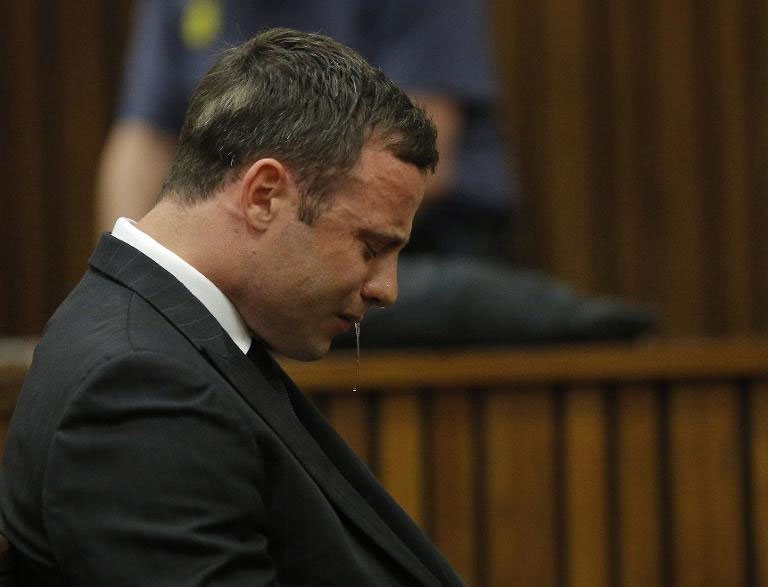 SEPTEMBER 16- The International Paralympic Committee has said it will not bar Oscar Pistorius from competing again if he wishes to do so. This is something that may not sit comfortably with many, but does sport have the obligation to exclude the athlete? ANTOINETTE MULLER of DAILY MAVERICK looks at both sides of the argument.
SEPTEMBER 16- The International Paralympic Committee has said it will not bar Oscar Pistorius from competing again if he wishes to do so. This is something that may not sit comfortably with many, but does sport have the obligation to exclude the athlete? ANTOINETTE MULLER of DAILY MAVERICK looks at both sides of the argument.
While Oscar Pistorius was being told he was guilty of culpable homicide, the International Paralympic Committee said that it would not block the athlete from competing in future.
The body’s direction of media and commutations told BBC5 Live that “if he wishes to resume his athletics career, then we wouldn’t step in his way – we would allow him to compete again in the future”.
Pistorius is currently awaiting his sentencing, and then there can be an appeal. In other words, this saga could still drag on for some time. Sentencing is at the judge’s discretion and could be anything from a suspended sentence to a few years in jail.
Pistorius is now 27, turning 28 in November. He probably still has a good three to five years’ worth of competitive athletics left in him.
Of course, it’s all dependent on how the sentence turns out. But if he is able to, should he be allowed back?
It’s a question that is likely to be debated quite a lot, and it’s a tricky one, since it rests so heavily on moral grounds and our perception of what purpose sport serves in our society.
For example, a plumber in the same position would be allowed to return to work and some might not even know. Even if some knew, some might turn a blind eye as long as he was good at his job.
For Pistorius, athletics is his job and his livelihood. When assessed so basically, it would be hypocritical to insist that Pistorius be excluded and denied the right to earn an income.
Regardless of personal views on whether the ruling was right or not, in a court of law, Pistorius has been cleared of murder charges, but will still have a record for culpable homicide.
-Psychopath-
From a criminal psychology perspective, “rehabilitating” criminals back into society is a complex issue and there is a lot of debate about whether it is possible or not.
Pistorius is now a criminal, and there certainly will be an argument that he should be given the opportunity to be rehabilitated.
The only exemption is when somebody is found to be a psychopath, but in this case, Pistorius has already undergone psychiatric observation, with a report stating that he did not bear the hallmarks of psychopathy.
Successful re-integration into society rests on a number of factors and many criminal psychologists have come up with different theories.
In his book Crime, Shame and Reintegration, published in 1989, Australian criminologist John Braithwaite puts forth a theoretical model for dealing with crime at the individual and community levels.
According to Braithwaite, high rates of predatory crime in a society are indicative of the failure to shame those acts labelled as criminal.
Braithwaite argues that the breakdown of community ties in modern urban communities has meant that perpetrators of crime are not made to feel ashamed of their actions, and thus continue victimising others without remorse.
Excluding Pistorius, at least for a period of time, will almost certainly cause him shame and, one would hope, force some kind of introspection. Others might say that he has been shamed enough, considering his trial has been so highly publicised, and barring him from competing would be excessive.